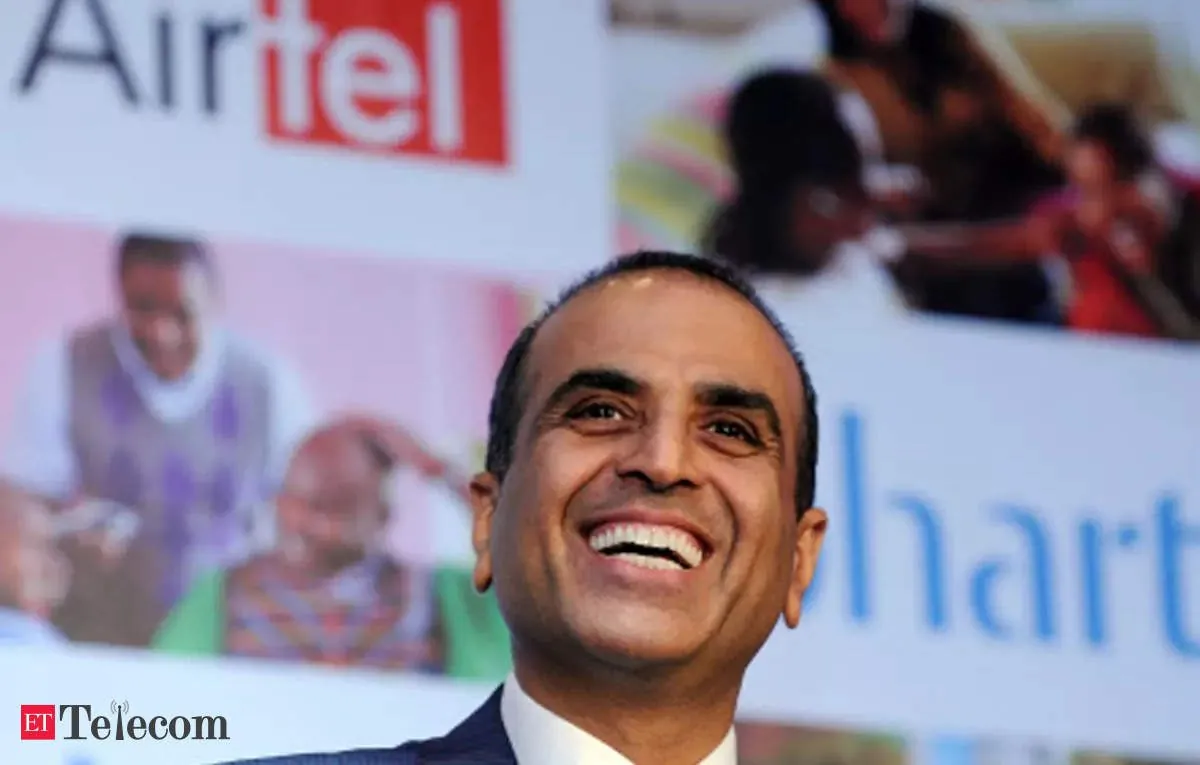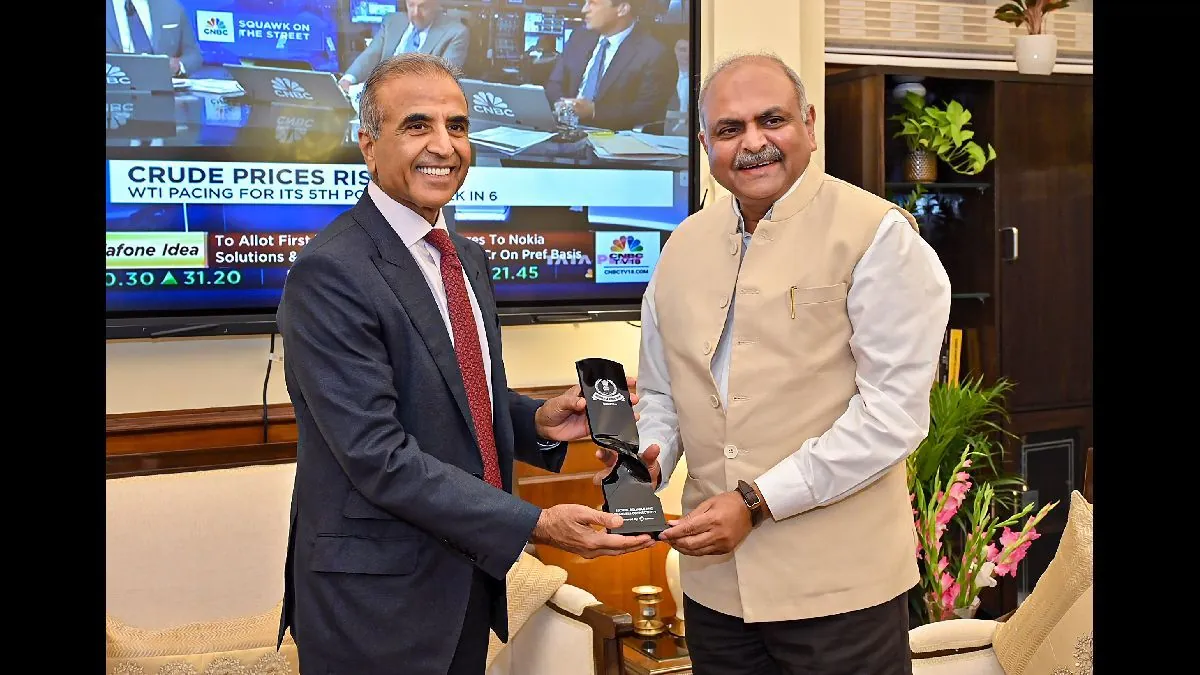Indian Tycoon's $4 Billion BT Stake: Strategic Move or Overseas Gamble?
Sunil Bharti Mittal acquires 24% of BT for $4 billion, marking a significant Indian investment abroad. The move raises questions about strategic rationale and domestic investment priorities.

Sunil Bharti Mittal, recently knighted by King Charles III, has made waves with a $4 billion investment in BT Group, acquiring a 24% stake in the UK telecom giant. This move, announced on August 12, 2024, has been met with approval from both BT and the Indian government, with Commerce Minister Piyush Goyal hailing it as evidence of India's growing economic influence.
The investment comes as Indian companies increasingly look abroad for opportunities. In 2024, Indian firms have announced overseas acquisitions worth $7.6 billion, surpassing the $6.4 billion total for 2023. This trend aligns with the Indian government's encouragement of global expansion by domestic companies.

Mittal's strategy diverges from his peers, who are diversifying domestically into sectors like green energy and semiconductors. Instead, he's focusing on familiar territory in the telecom sector, but in a mature market. This approach raises questions about the strategic rationale behind the move.
The financial comparison between Mittal's core business, the $105 billion Airtel, and BT is revealing. Despite Airtel's market value being five times that of BT, its estimated net income for the 2025 financial year is only marginally higher than its British counterpart. This disparity highlights the profit limitations in India's fast-growing but low-income market.
"The Indian government is continuously encouraging a handful of companies who have gone global to accelerate the process. Yes, more companies will come and invest outside. For that, one thing is important that you need to be strong in your home market."
The investment in BT, which traces its origins to the Electric Telegraph Company founded in 1846, may be part of a broader strategy centered on London. Mittal's son, Shravin, heads Bharti's overseas investment arm from the city, where Airtel Africa is also listed. Additionally, satellite operator Eutelsat, in which Bharti has a controlling stake, enjoys UK government backing.
This London-centric approach could appeal to Mittal's adult children and potentially set the stage for future expansion. The family's use of a private company for the BT stake purchase allows for flexibility in increasing their holdings without public shareholder scrutiny.
However, this overseas focus may prompt questions from Indian politicians eager for more private investment at home. As India's telecom sector, which underwent significant consolidation in the late 2010s, continues to evolve, the balance between domestic and international investments remains a point of discussion.
As BT, privatized in 1984, embarks on a new era under CEO Allison Kirby's leadership, Mittal's optimism about its potential for higher cash flows will be put to the test. The success of this venture could shape the future trajectory of Indian companies' global ambitions and the Mittal family's business empire.


































